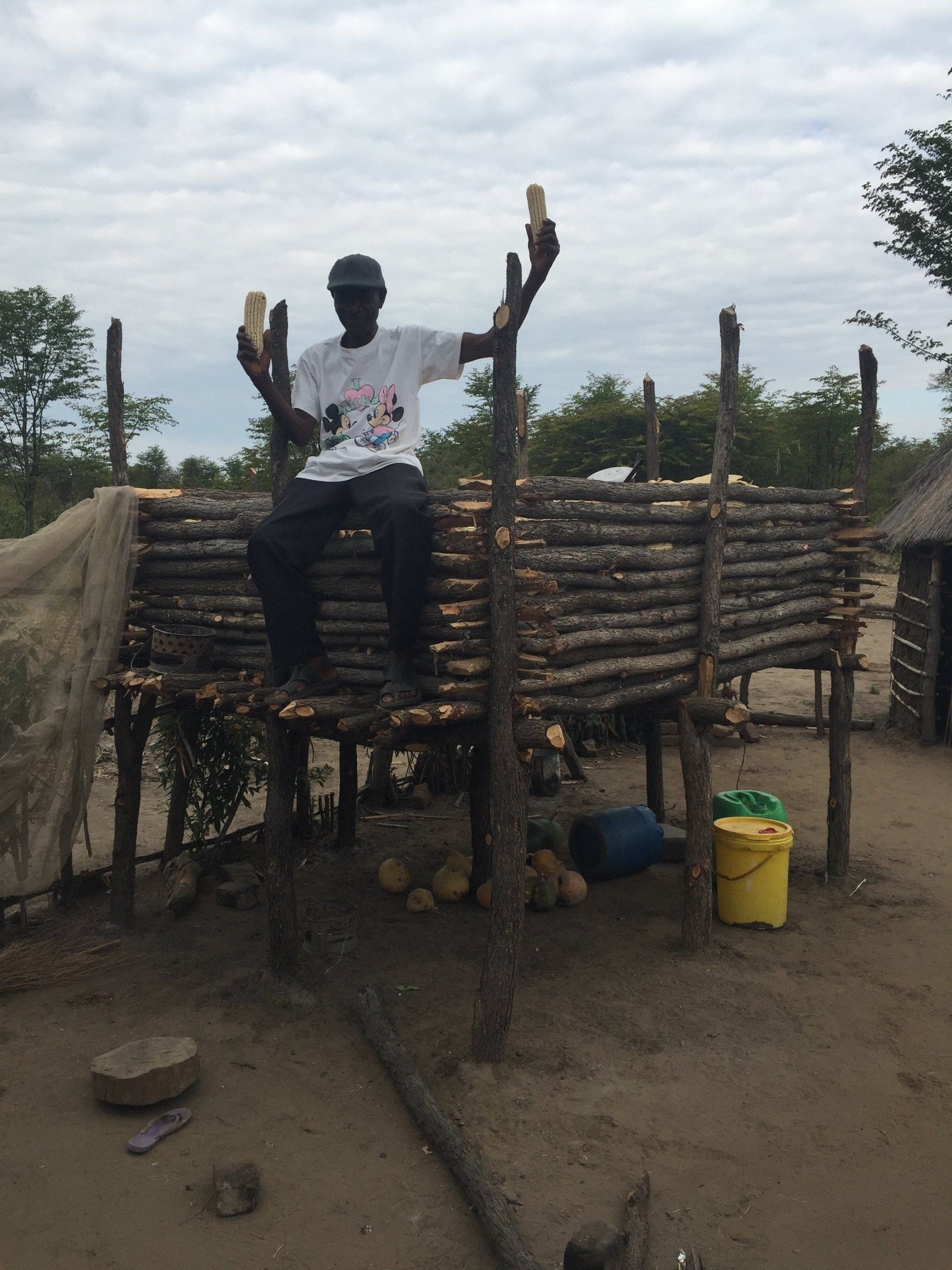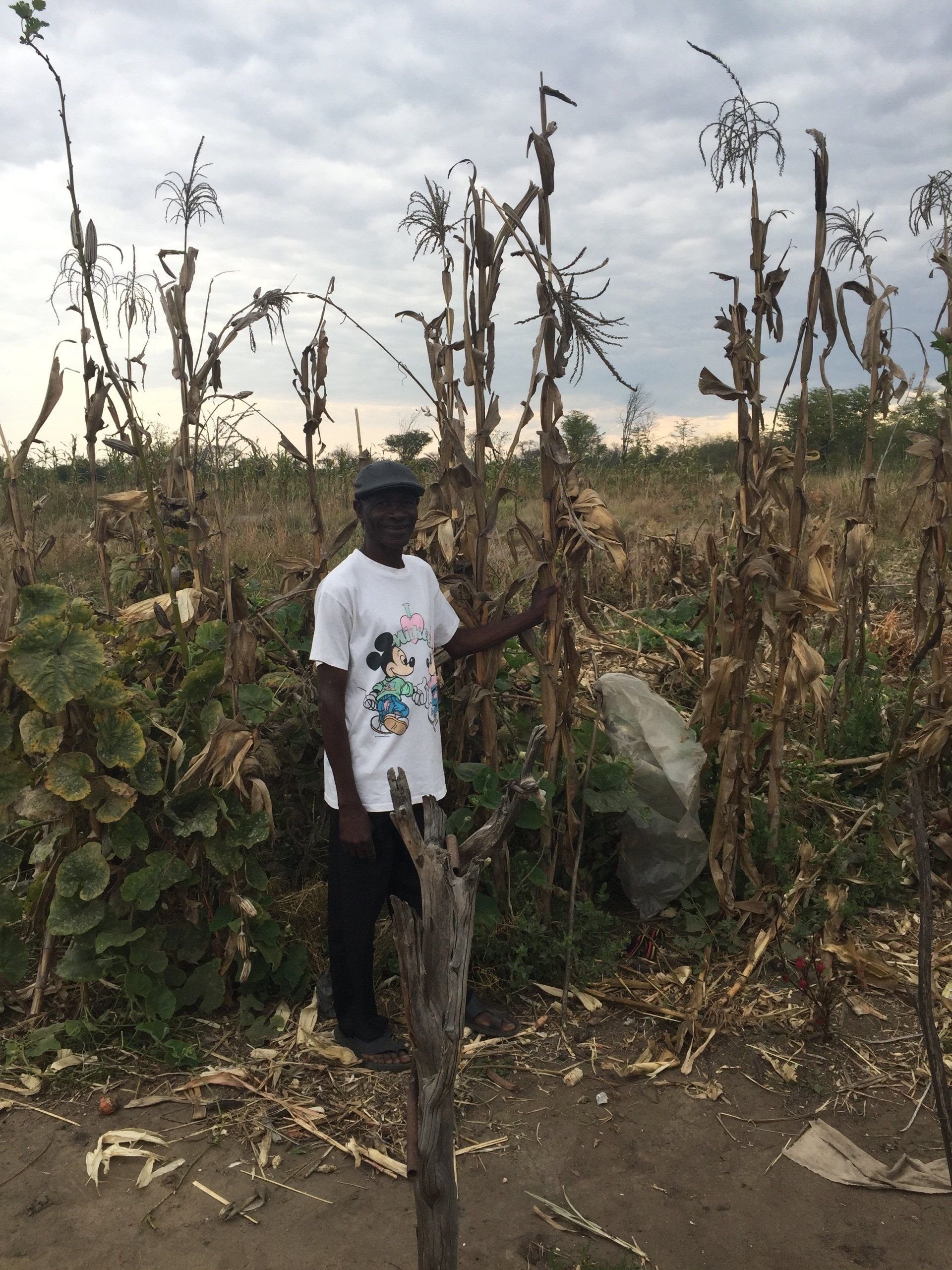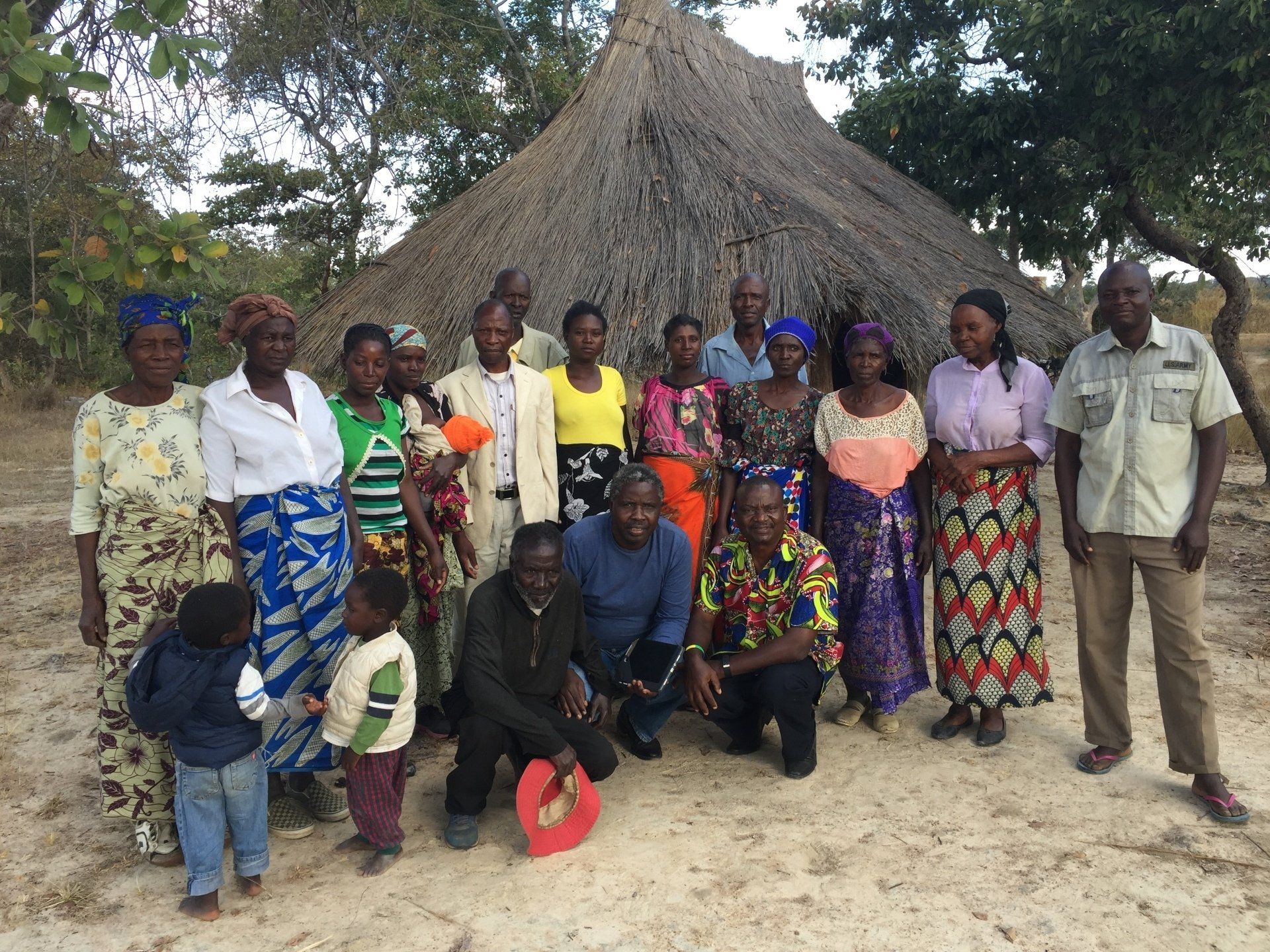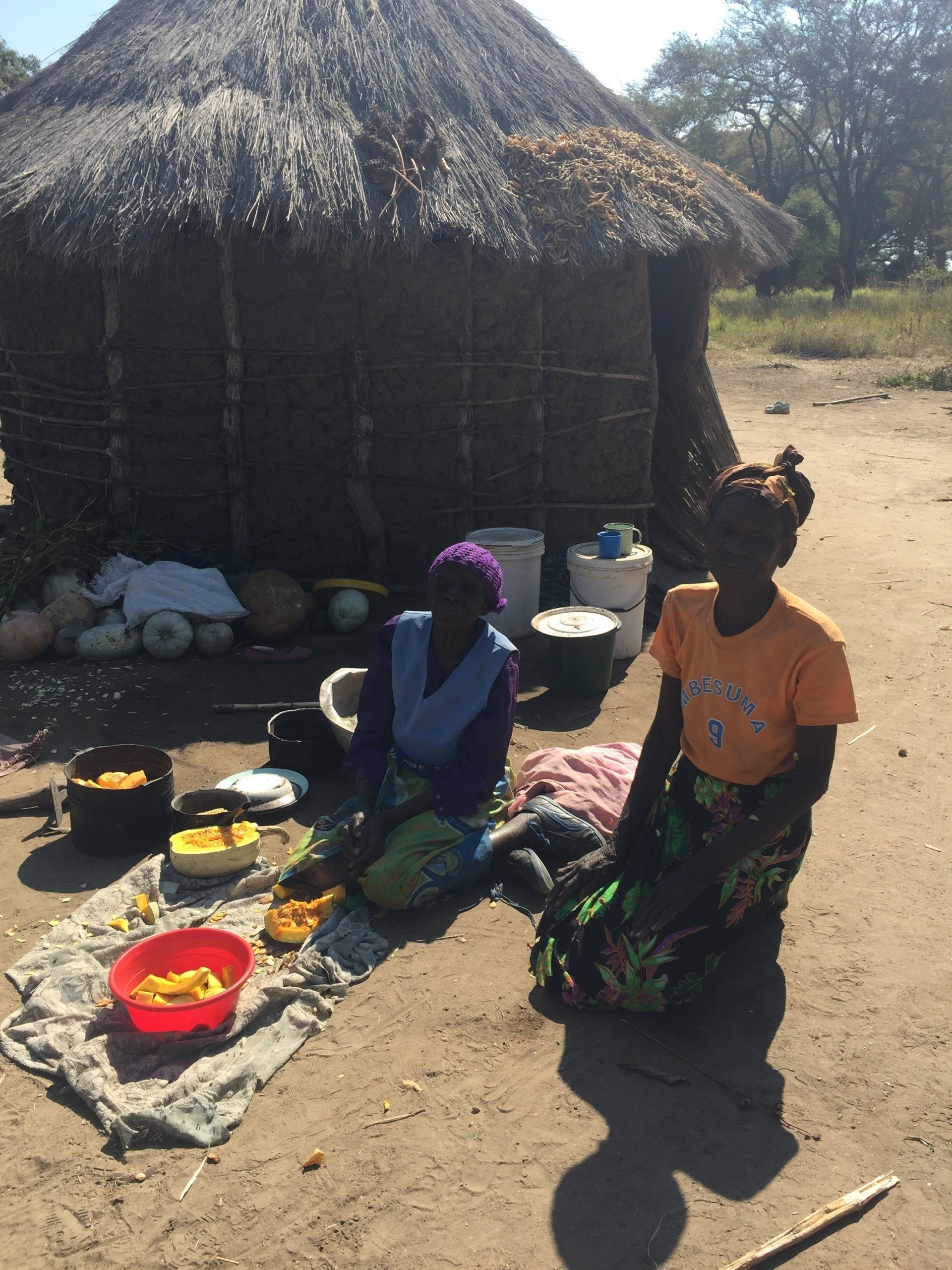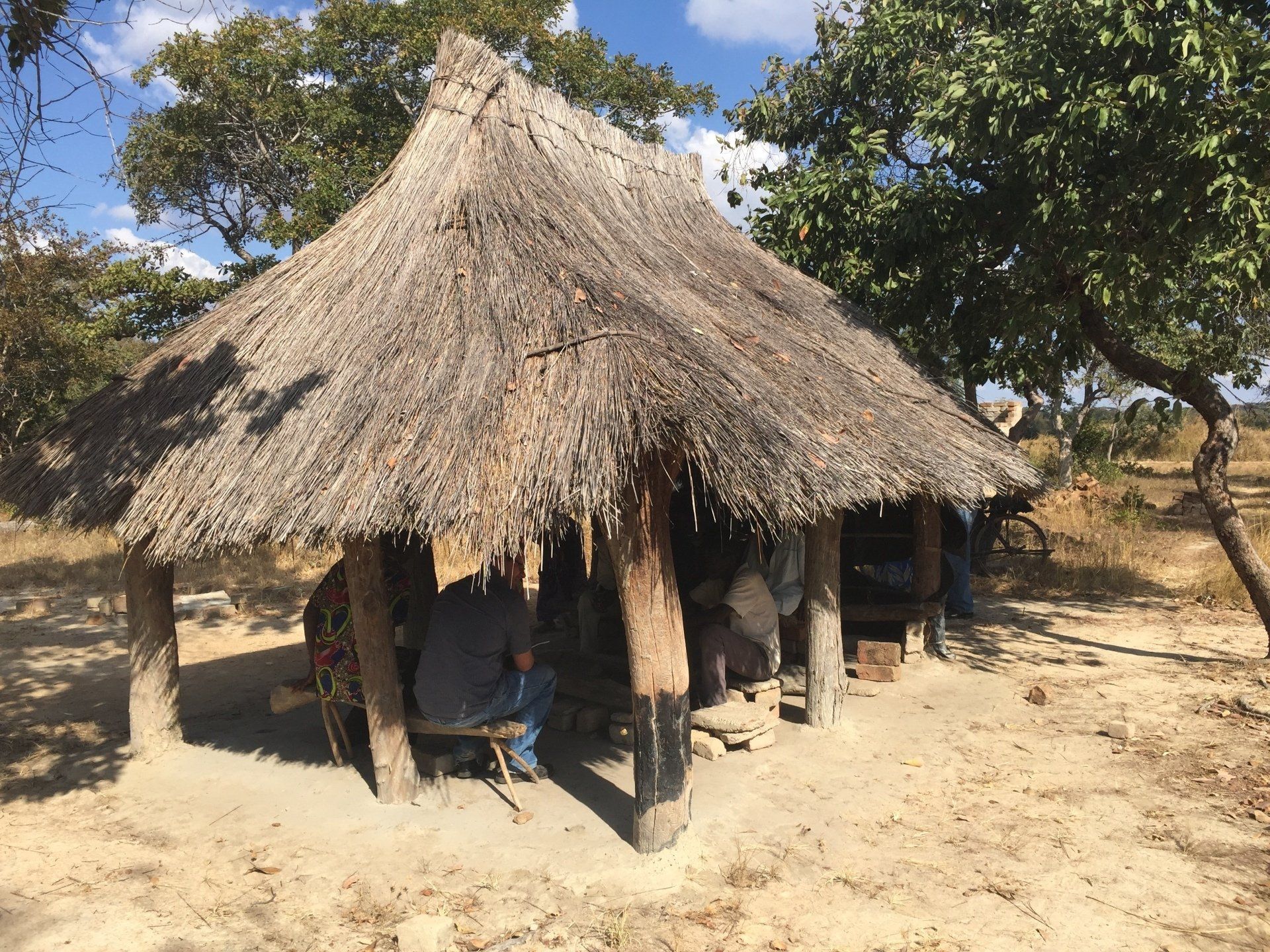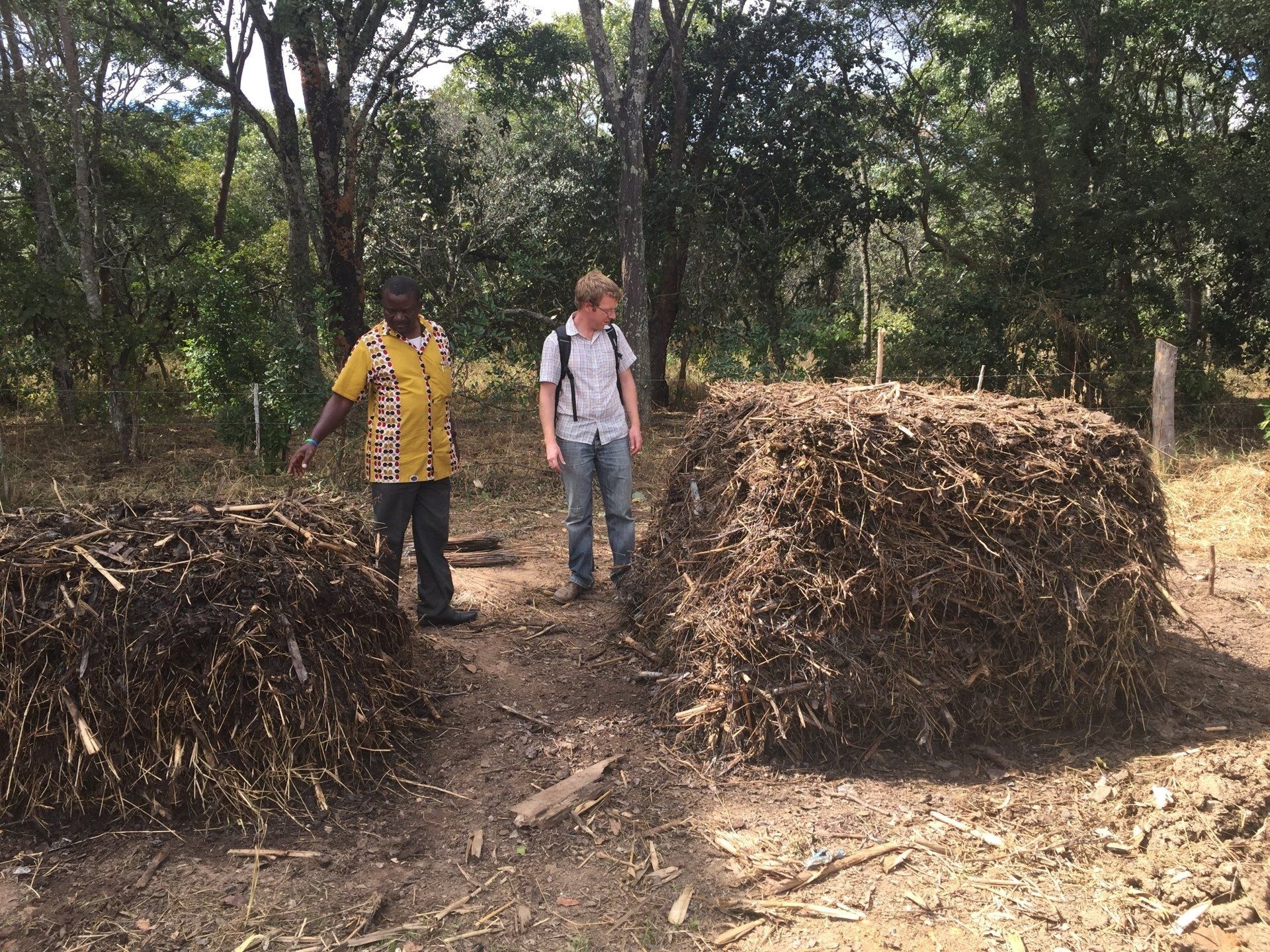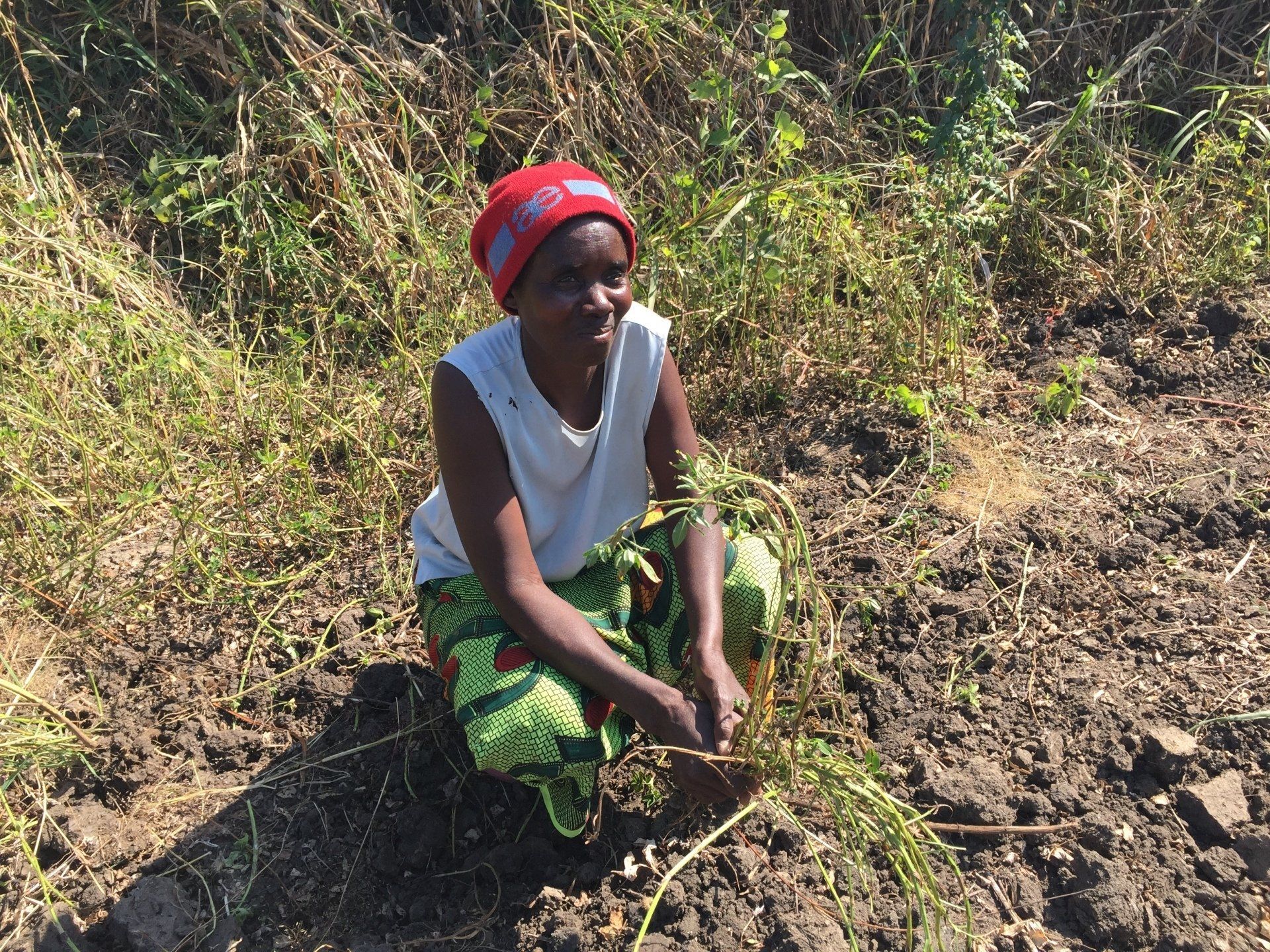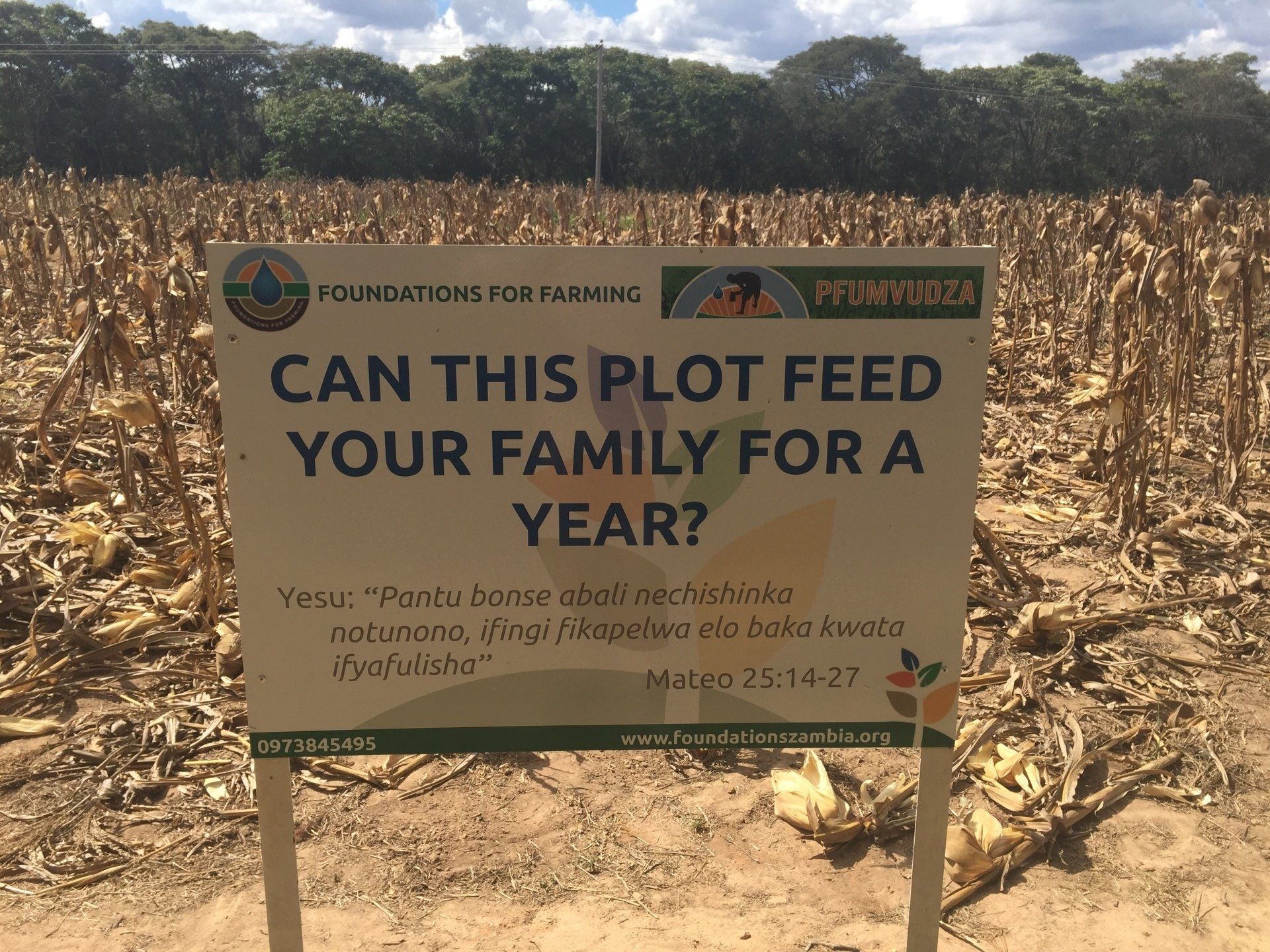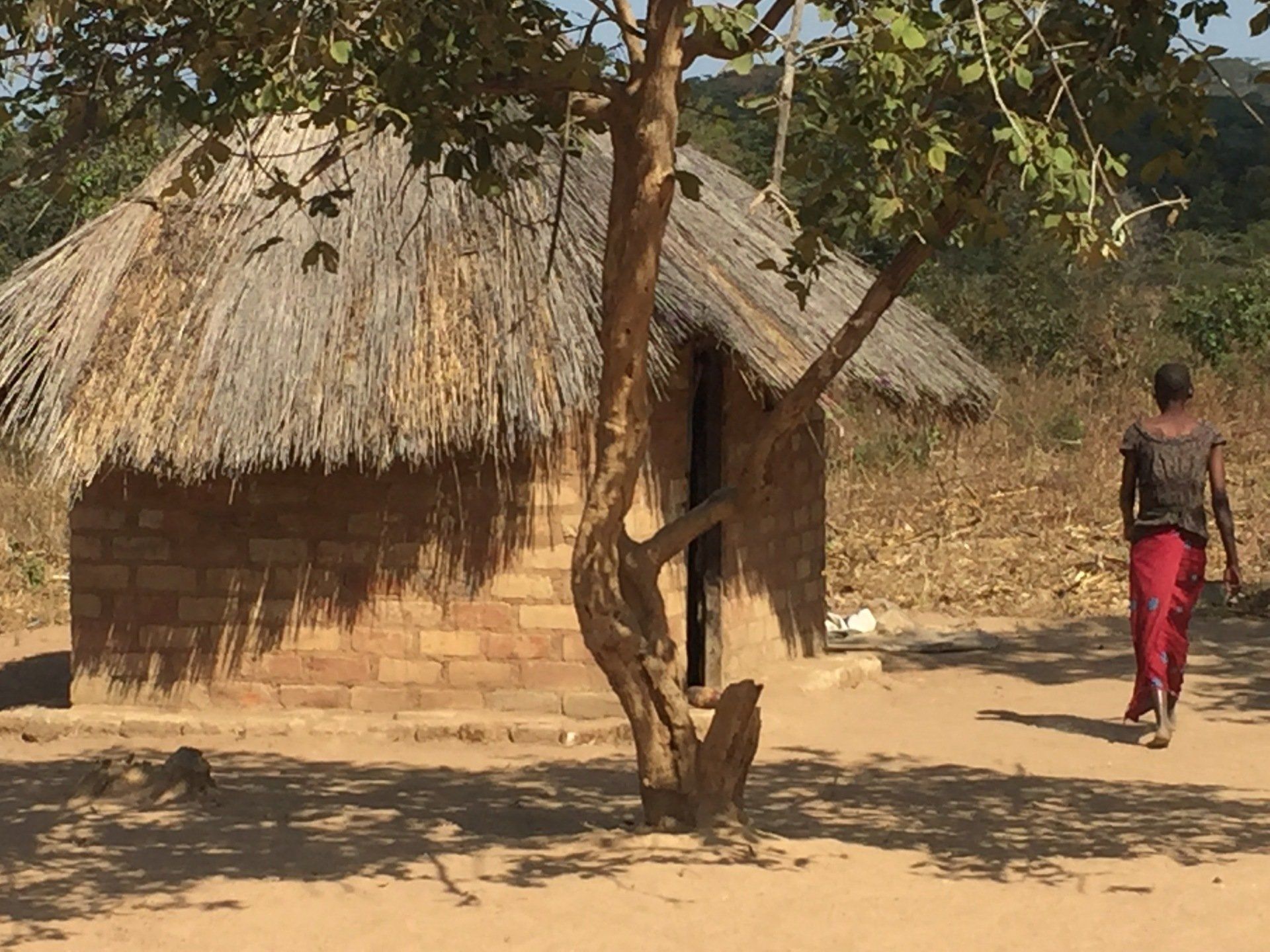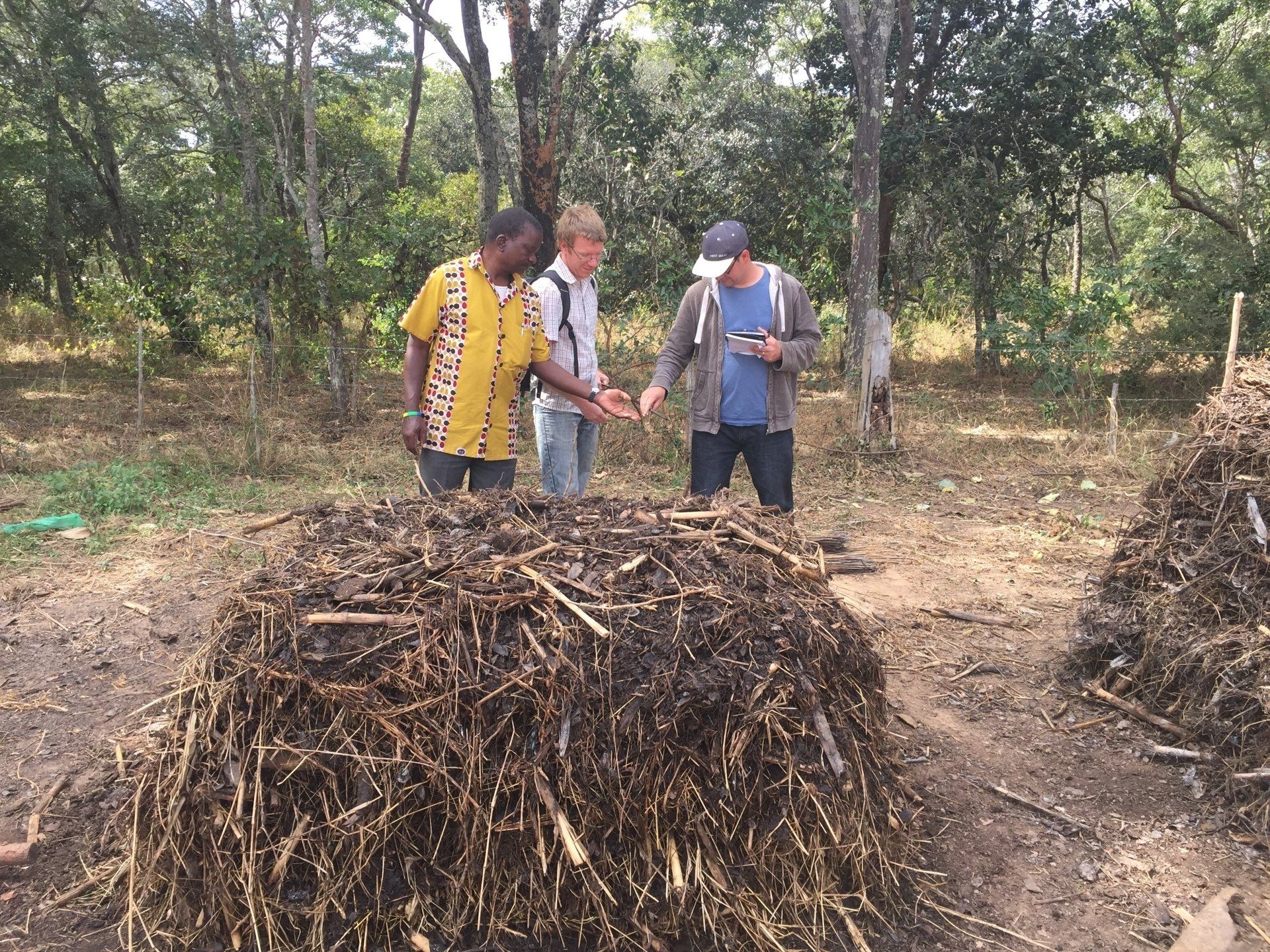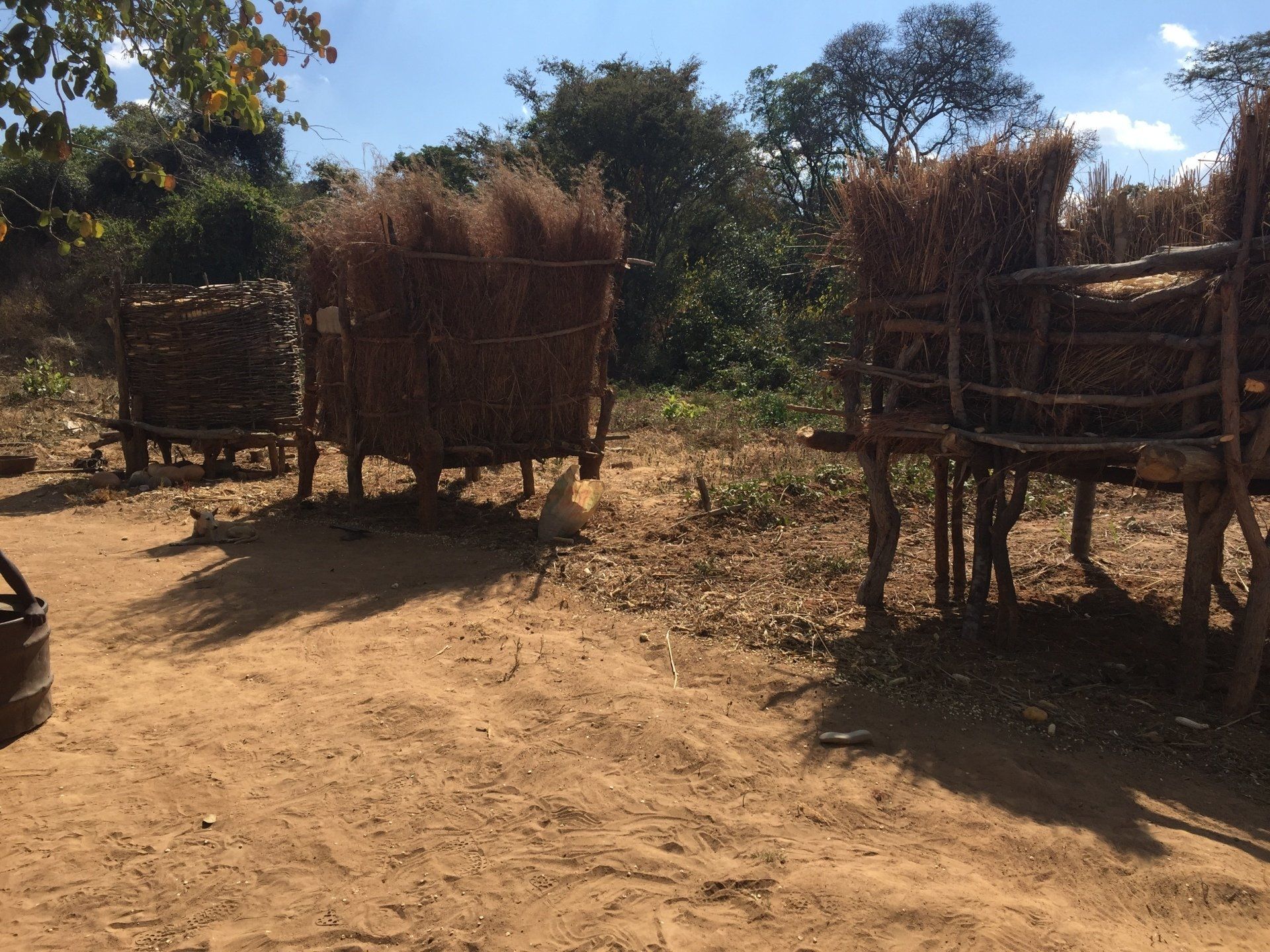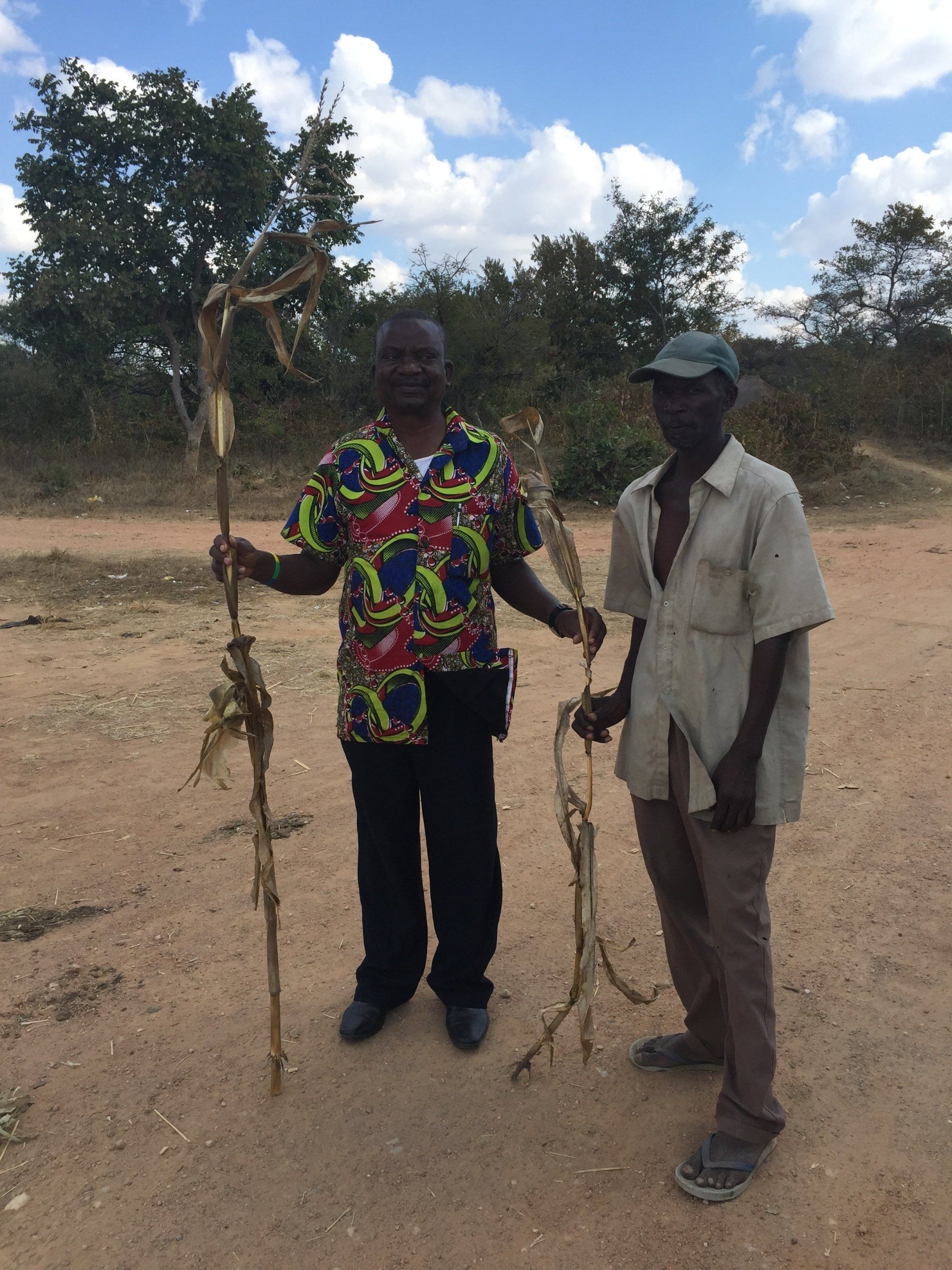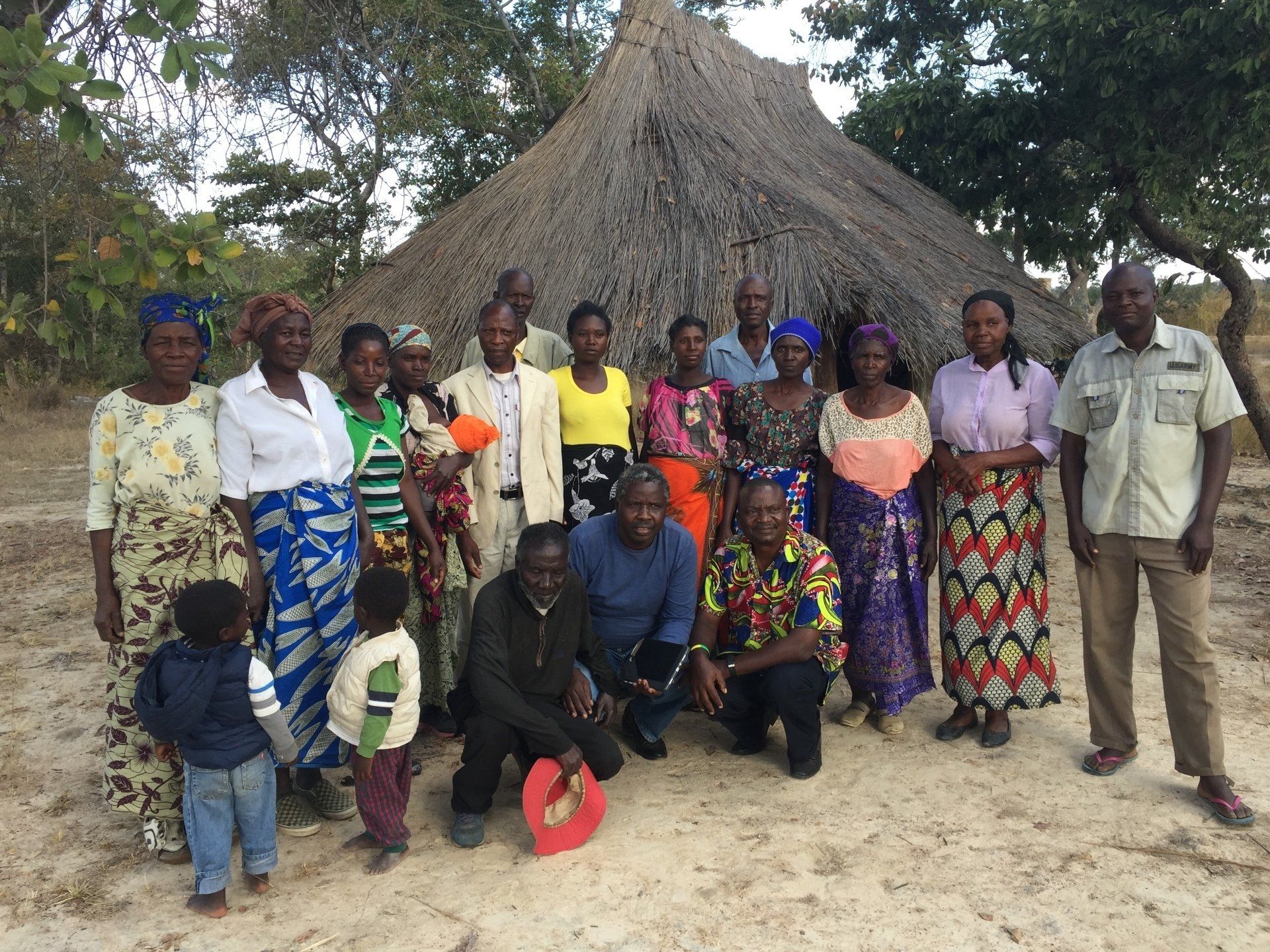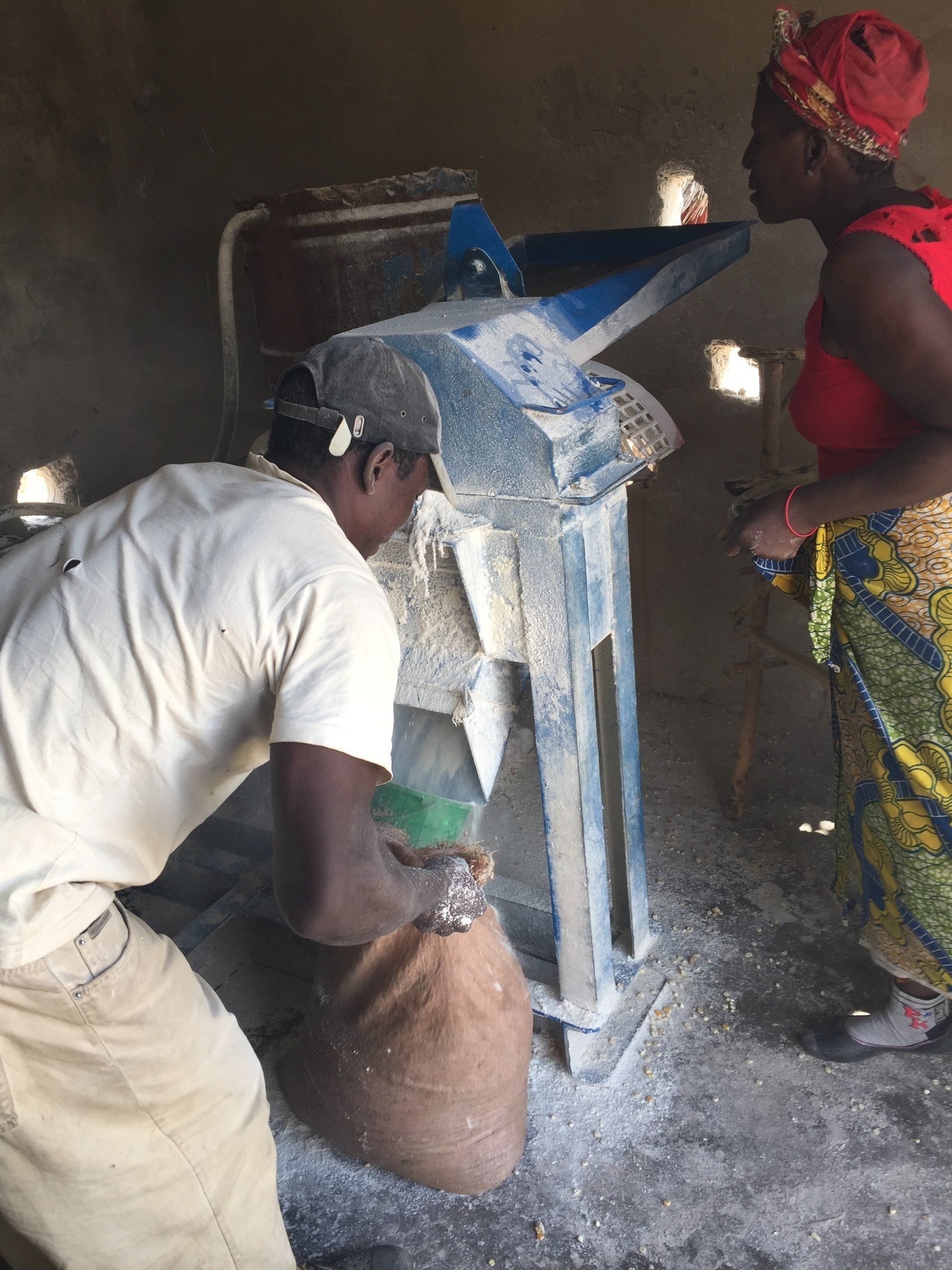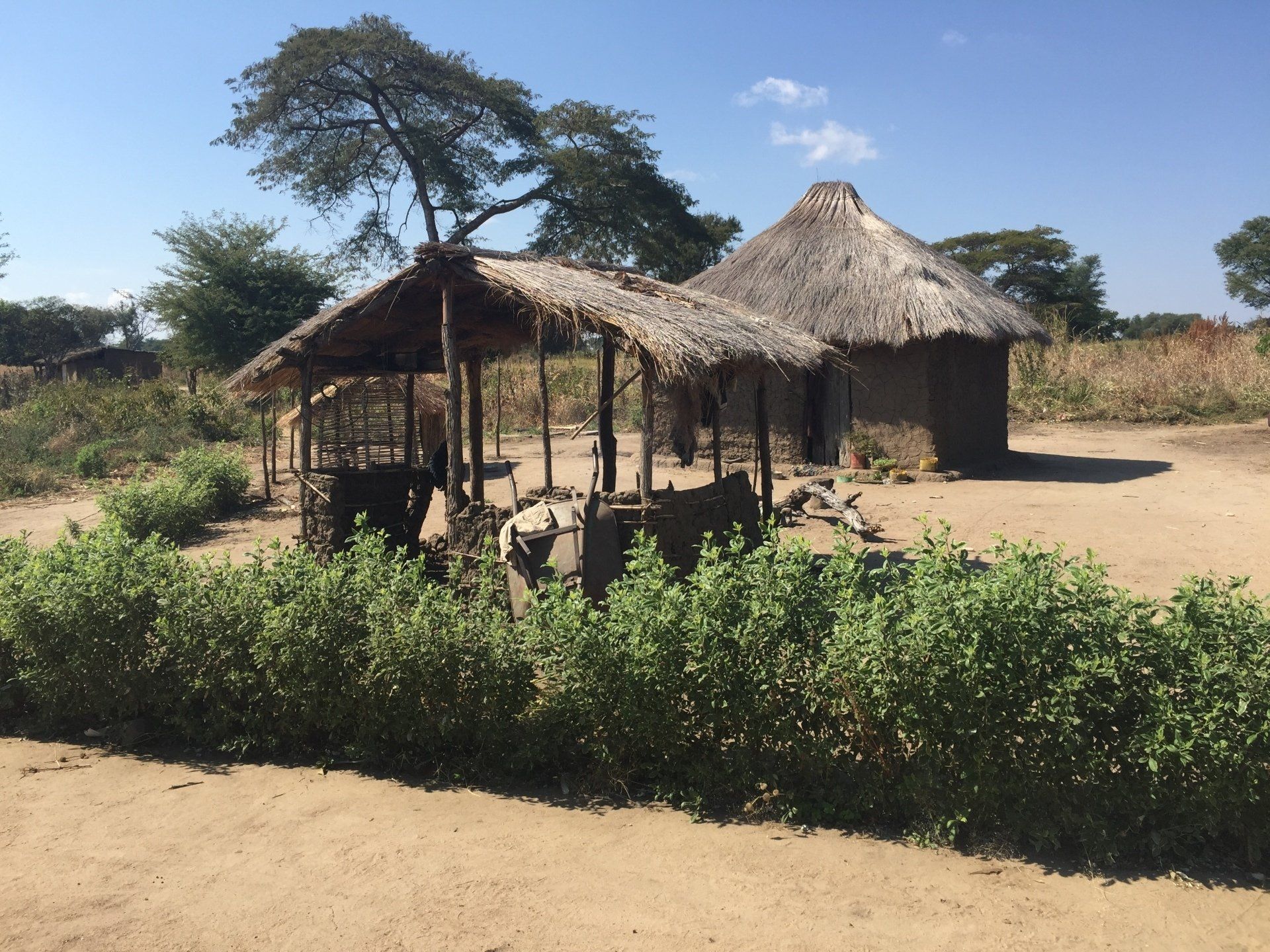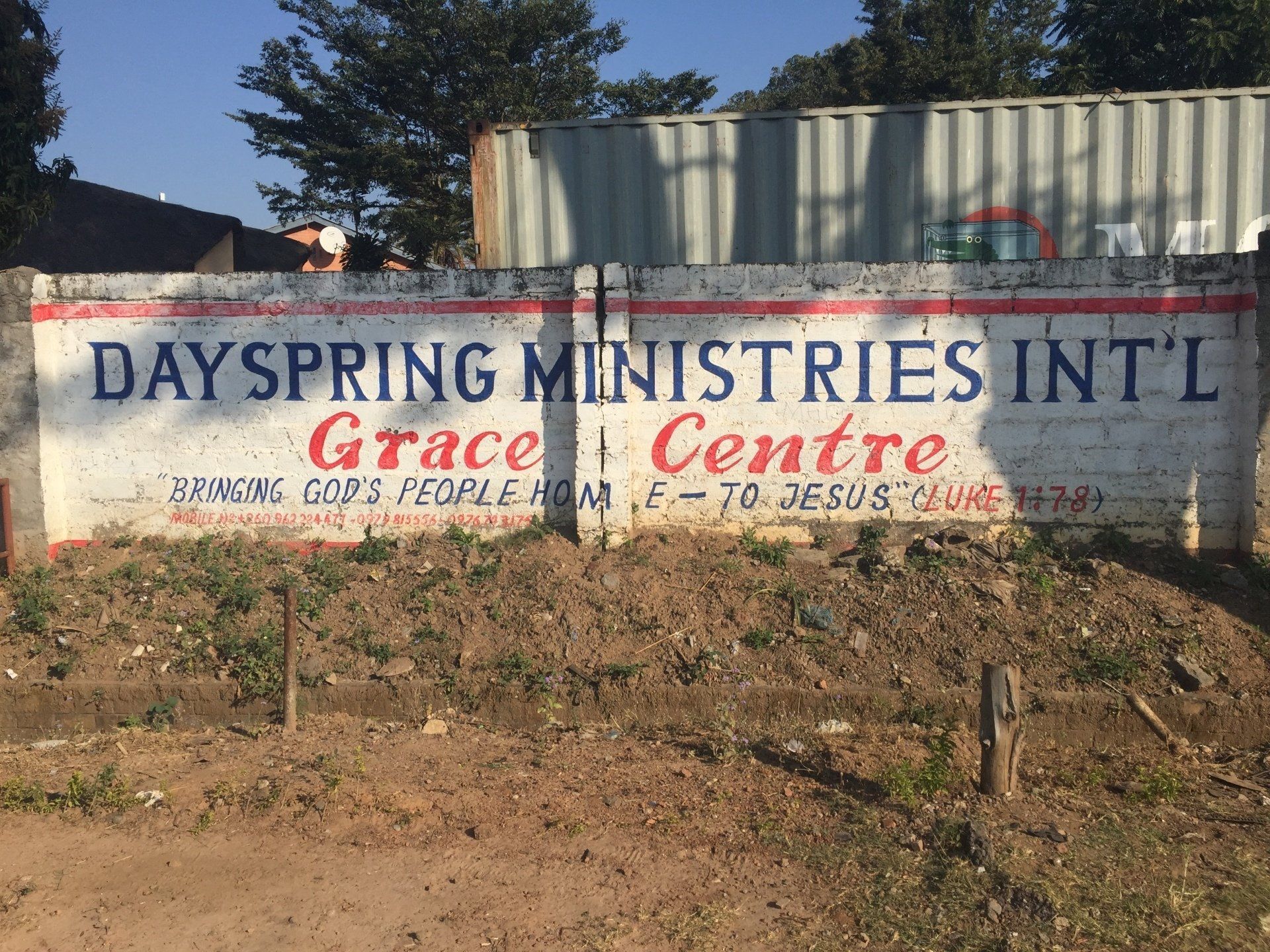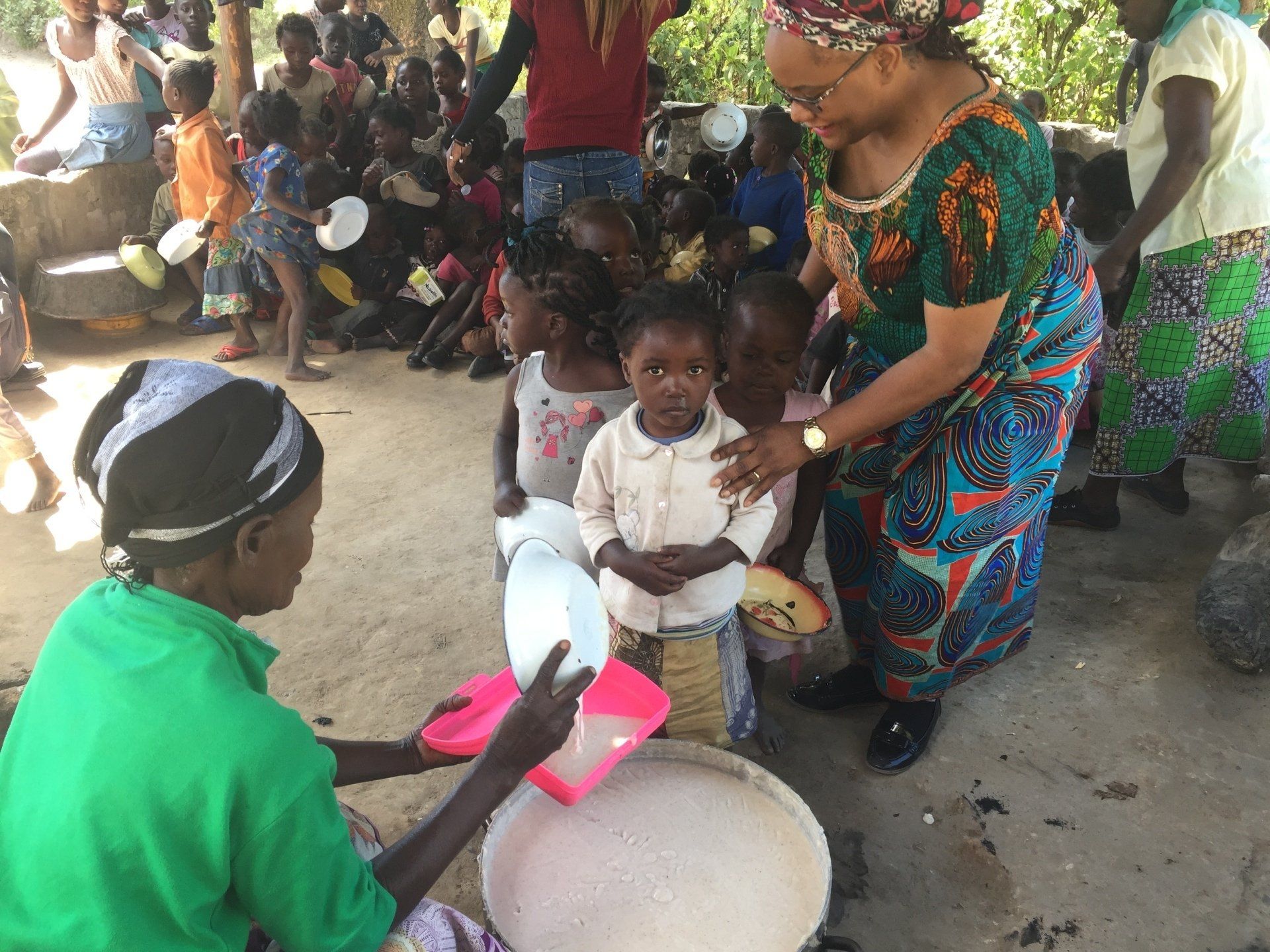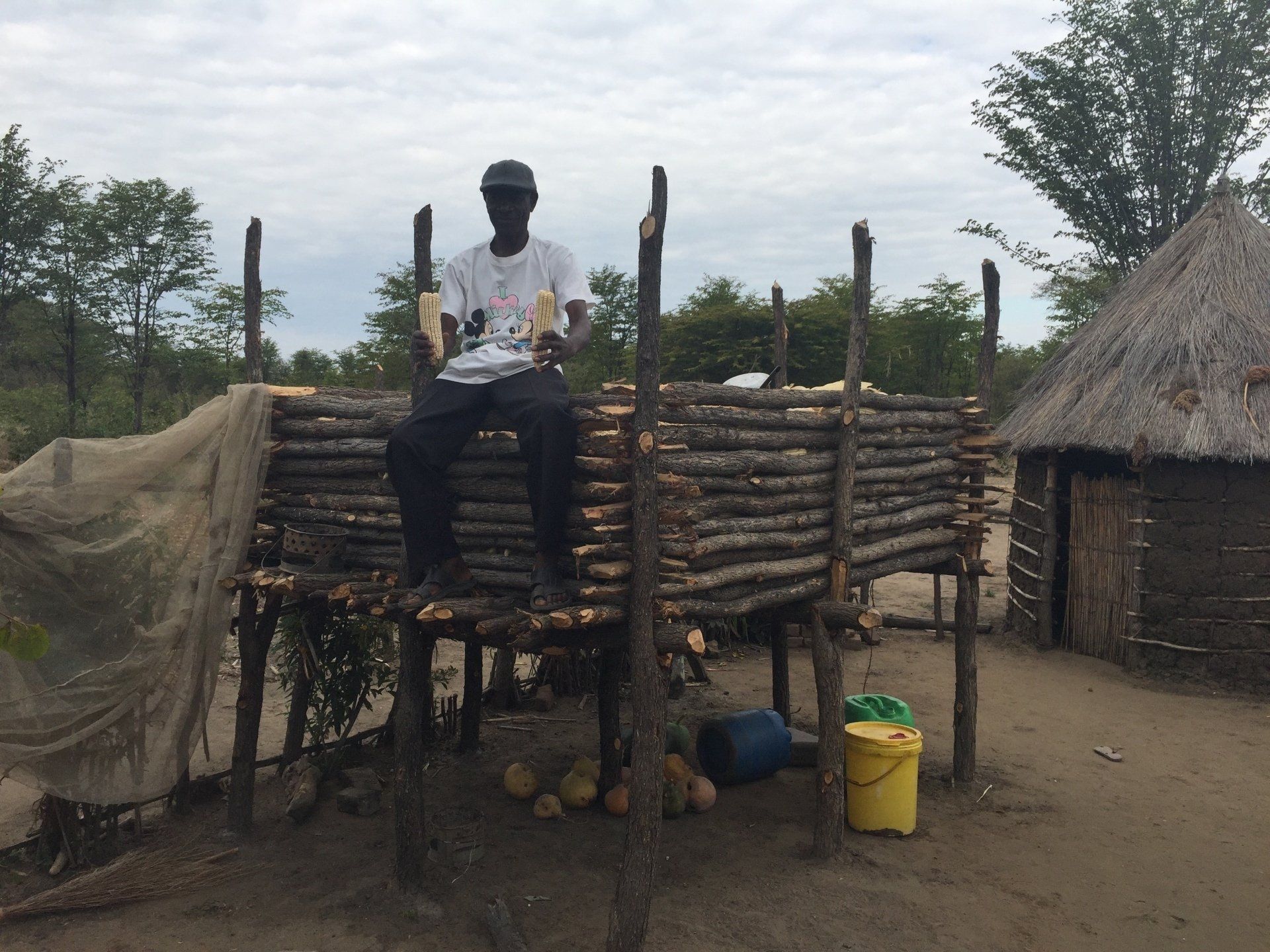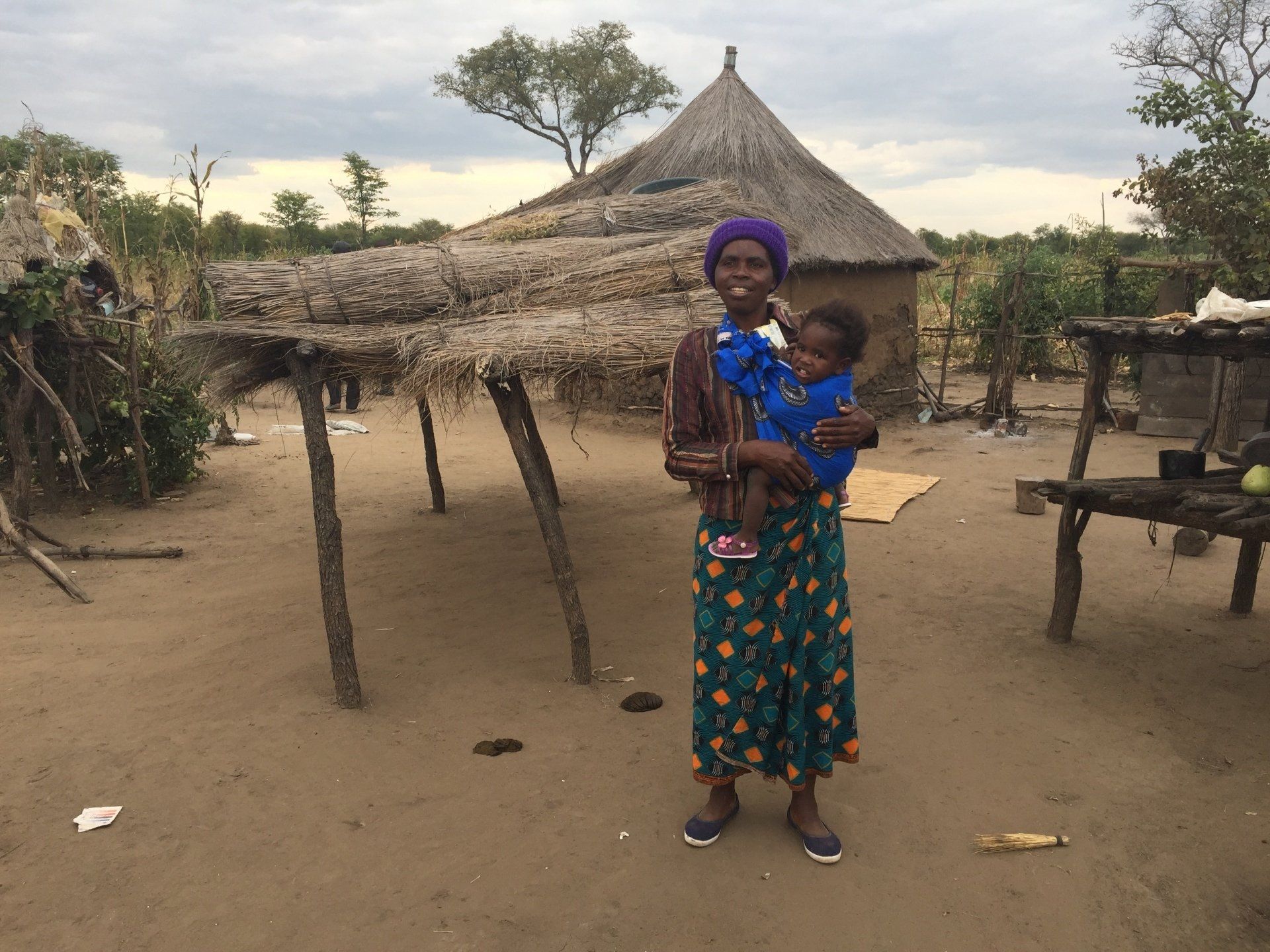Enabling Churches to Help the Poor
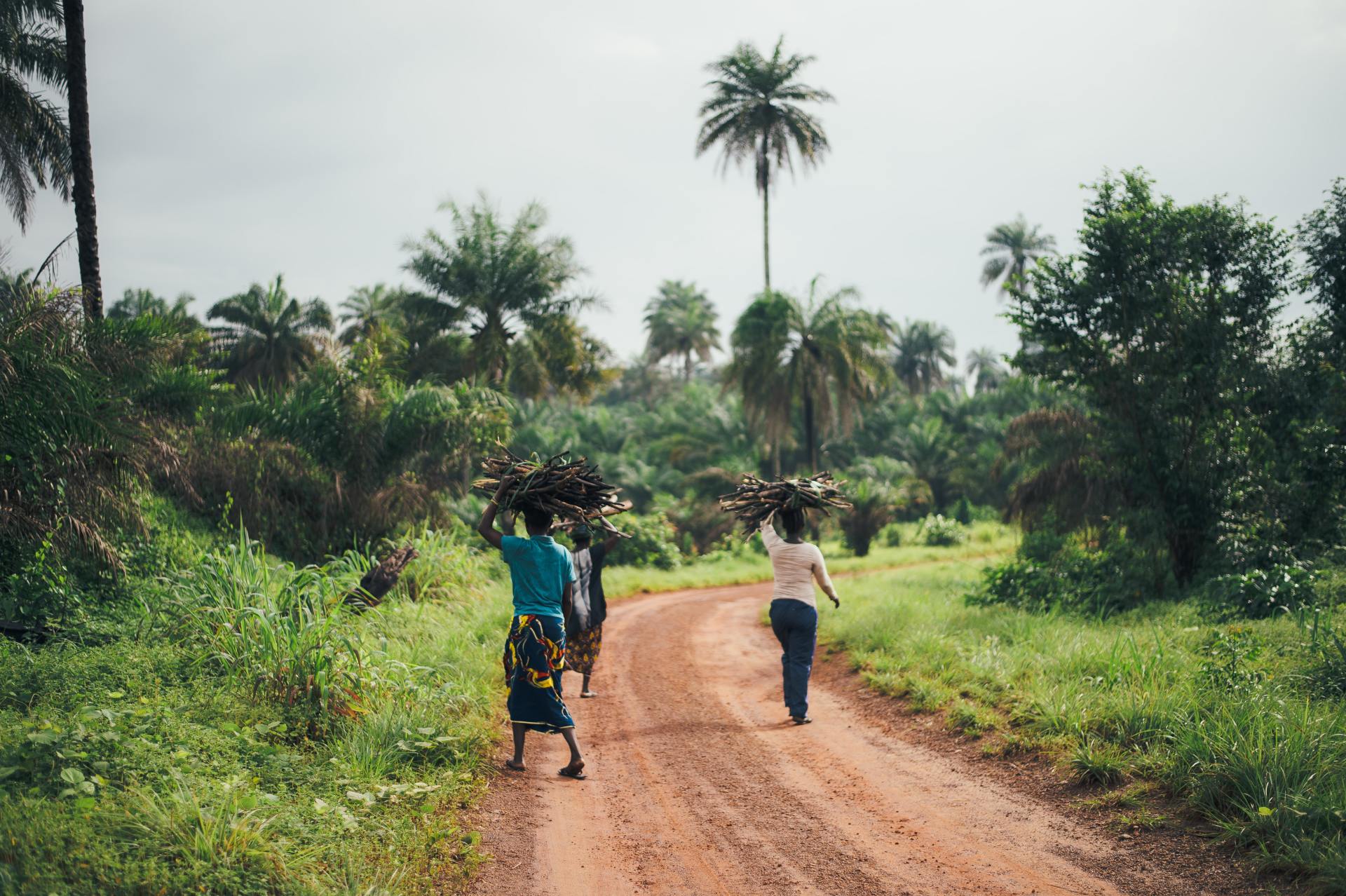
Zambia
The landlocked country of Zambia located in Southern Africa is one the poorest countries in the world. According to UNIAIDS, more than 11% of the adult population are living with HIV, resulting in around 6% of the population being orphans. Due to intermittent drought and a missing generation of people (due to HIV), food insecurity is a reoccurring fact of life for many people in Zambia. These huge societal challenges are being met by local churches addressing issues such as food insecurity in sustainable and transformational ways.
Our Lead Partners
BREADtrust works exclusively with local churches which represent the most effective and sustainable agents of community transformation. Rather than assuming to know the answers, BREADtrust supports and facilitates through on-going relationships, the vision and know-how of local experts. BREADtrust is collaborating with a group of churches in Zambia called Newfrontiers led by Dr Joseph Mwila who is based in Kitwe, Copperbelt. Joseph oversees 30 churches within Zambia and amongst other things is committed to seeing communities begin to address Food Insecurity, which has affected the lives of so many.
'BREADtrust supports and facilitates through on-going relationships, the vision and know-how of local experts.'
Our local co-ordinators oversee operations on the ground, following the motto:
“If you give a poor man a fish you feed him for a day. If you teach him to fish, that will feed him for a lifetime.”
BREADtrust in Zambia works in multiple ways to empower small scale farmers and local communities to achieve self-sustainability. The current projects are:
Foundations for Farming (FfF)
Borehole Projects
Chicken Run Projects
Vegetable gardens
Fruit trees
View the photo gallery below and read on to discover how these projects are benefitting Zambian communities.
Foundations for Farming
Boreholes
The impact of climate change on weather patterns means that seasonal rainfalls are becoming unreliable, and extended spells of drought are on the increase. In these conditions, when rain does fall, it is often in the form of downpours that result in destructive flash floods. There is little gain as this water does not seep into the ground but runs off taking large amounts of topsoil with it.
Boreholes provide a reliable source of good clean water, providing drinking water for farmers and their livestock and a means to irrigate crops. In September 2020, in challenging conditions and under the watchful eyes of Austin, BREADtrust and Newfrontiers sank its first borehole to provide a steady supply of water for a community in Sikaunzwe. Since this time, further successful boreholes have been sunk in Mapanza and Zabwe, bringing vital fresh water to local communities.
Chicken Runs
In August 2022, BREADtrust launched its first sustainable chicken run project. The aim of this initiative, is to provide families already employing the Foundations for Farming methodology with a means to generate a long-term source of income for participating families.
Sustainability is achieved through a co-operative model, incorporating 11 families with 10 rearing the chickens and 1family responsible for selling the chickens in a local market.This provides an income for the families and money to replenish the chickens that have been sold thereby keeping the process going.
The co-operative is governed by Christ Central who ensure that the families are remunerated and, chickens with feed are replenished. The co-op is also required to pay the original investment back. This payback enables a replication of the model in another community. Having established a successful Foundation for Farming initiative, the community in Mapanza located in the region of Southern and approximately 130 miles from the regional tourist capital Livingstone, was an obvious choice for the pilot project. After undergoing training and building chicken runs to the required standard, the first chicks were delivered on the 20thAugust 2022.
Vegetable Gardens and Fruit Trees
As boreholes have been provided, vegetable gardens and fruit tree plantations have been made possible on the local land in many locations.


